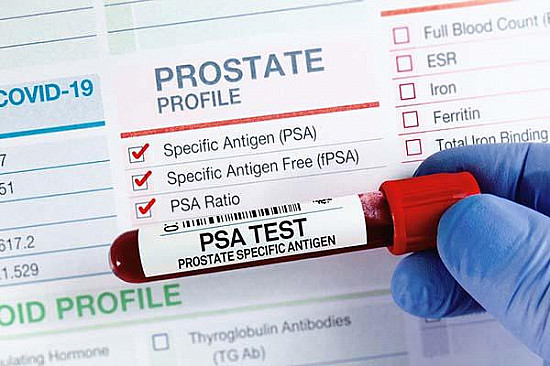Onions and garlic may ease BPH symptoms
Data on the impact of diet on benign prostatic hyperplasia (BPH) are scant, though studies have shown that vegetables and fruits may have a favorable effect on the condition. An Italian multicenter, case-control study examined the potential role of allium vegetables, namely onions and garlic, on BPH. Using dietary questionnaires, researchers found that men with BPH typically ate less garlic and fewer servings of onions per week than those without BPH.
Researchers did point out a few weaknesses in their study, such as the fact that they didn’t collect information on the types of onions and garlic that participants ate, how the vegetables were prepared, or the consumption of other allium vegetables, such as scallions. Nor did the study account for changes in diet over time. Even so, the findings suggest that a diet rich in onions and garlic may cut the odds of developing BPH.
SOURCE: Galeone C, Pelucchi C, Talamini R, et al. Onion and Garlic Intake and the Odds of Benign Prostatic Hyperplasia. Urology 2007; 70:672–76. PMID: 17991535.
Originally published Oct. 1, 2008; Last reviewed April 18, 2011
About the Author
Disclaimer:
As a service to our readers, Harvard Health Publishing provides access to our library of archived content. Please note the date of last review or update on all articles.
No content on this site, regardless of date, should ever be used as a substitute for direct medical advice from your doctor or other qualified clinician.















